Cochlear Implant Cognition and Communication Lab
The Cochlear Implant Cognition and Communication Lab at the Vanderbilt University Medical Center is co-directed by Aaron C. Moberly, MD and Terrin N. Tamati, PhD.
The Vanderbilt Cochlear Implant Cognition and Communication Lab studies outcomes after adult cochlear implantation. These studies include NIH-funded projects focused on predicting cochlear implant outcomes prior to surgery, along with exploring the auditory and social experiences of adults receiving cochlear implants. Additional projects in the lab aim to broaden our assessments of outcomes to capture aspects of patients' real-world communication functioning. Lab members include an interdisciplinary group (surgeons, cognitive hearing science researchers, audiologists, graduate students, medical trainees), with the goal of bringing together a range of expertise to tackle scientific and clinical problems that impact adults with hearing loss.
Learn More About Us
-
Dr. Aaron C. Moberly, Principal Investigator
Aaron C. Moberly, M.D., is Associate Professor in the Division of Otology and Neurotology in the Department of Otolaryngology-Head & Neck Surgery at Vanderbilt University Medical Center. He is a native of Indianapolis, Indiana, and he completed his undergraduate degree in Biochemistry at Purdue University. He obtained his medical degree from Indiana University School of Medicine and completed residency training in Otolaryngology-Head & Neck Surgery at Indiana University in Indianapolis, followed by a two-year fellowship in Neurotology at The Ohio State University. He has a special clinical and research interest in cochlear implants and rehabilitation of hearing after cochlear implantation.
Dr. Terrin N. Tamati, Principal Investigator
Terrin N. Tamati is a Research Assistant Professor in the Department of Otolaryngology-Head & Neck Surgery at Vanderbilt University Medical Center. Dr. Tamati received her Ph.D. in Linguistics from Indiana University. She then went on to complete a postdoctoral fellowship at the University Medical Center Groningen in Groningen, Netherlands, where she conducted research on speech perception in cochlear implant users. Dr. Tamati's research focuses on the linguistic, cognitive, and perceptual skills necessary for listeners to understand speech in real-world, challenging environments.
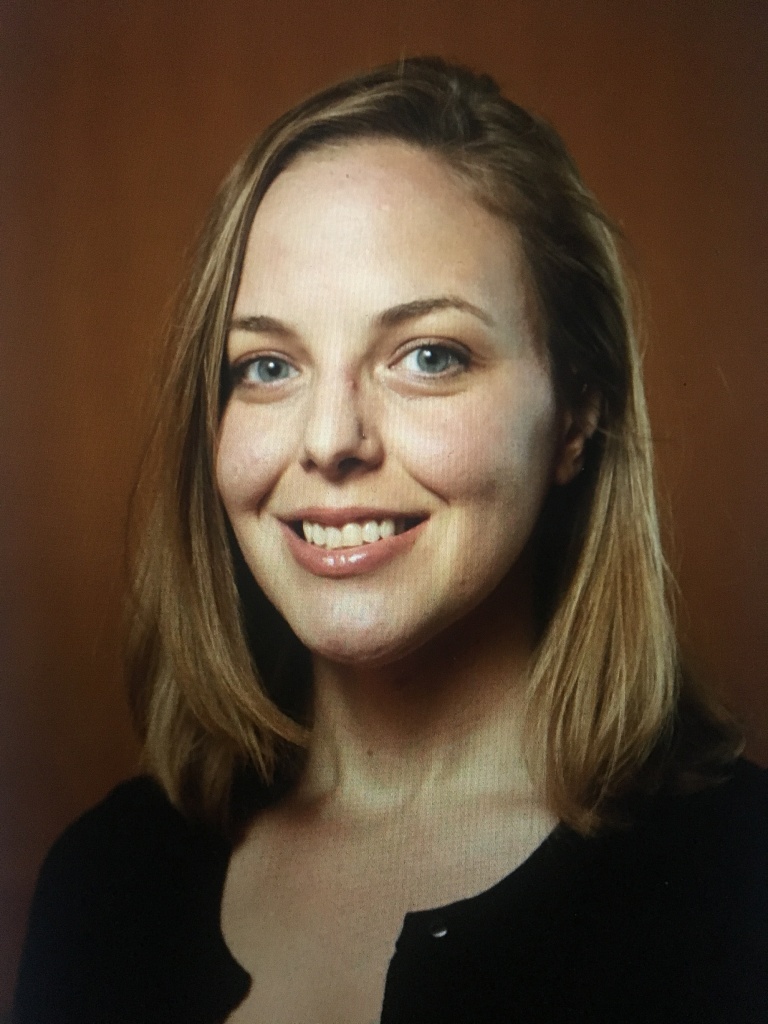
-
Hugh Birky received his MS in Audio Engineering Technology from Belmont University in 2023. Prior to this, he received his BA in engineering physics with a minor in Spanish at Goshen College. He currently works as a Research Assistant in the Cognition and Communication Lab. He also teaches a course at Belmont University on video game sound design and visual programming. His research interests include cochlear implants, spatial audio for visual media, and auditory localization. 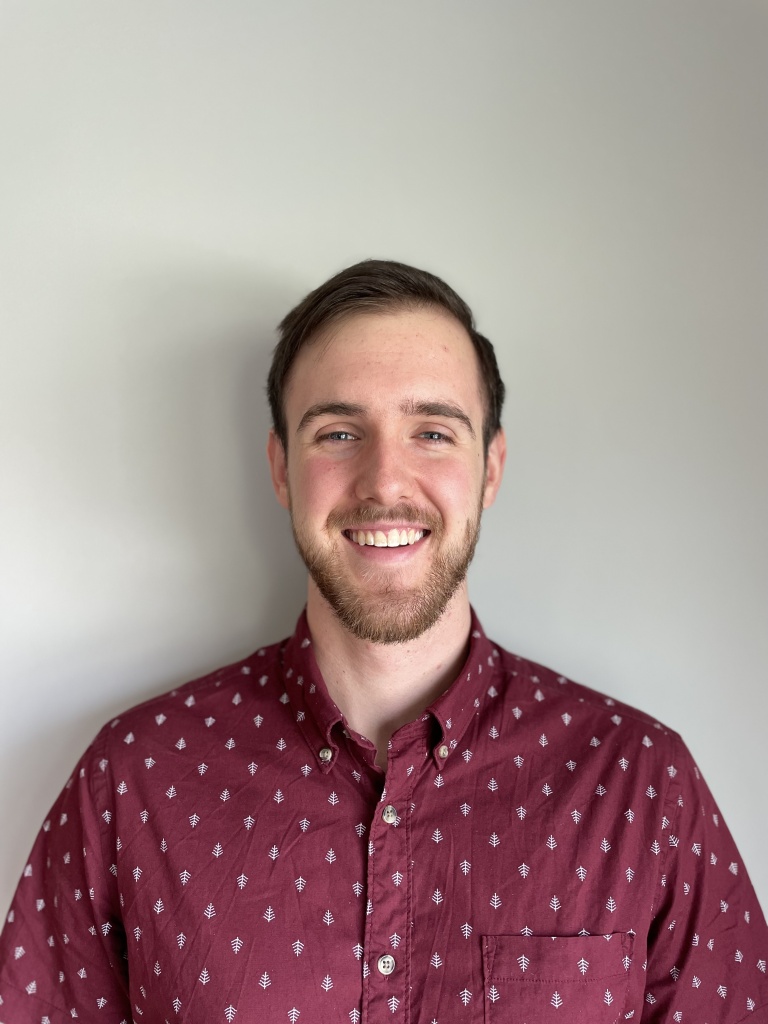
Lauren Hall is a Research Assistant in the Cognition and Communication Lab. She received her MA in Linguistics from Carleton University in Ottawa, Ontario in 2022. Education has taken her to study in three different countries so far, but she is originally from the Nashville area and is happy to return to her roots. Her research interests include sociolinguistics, ecolinguistics, and language documentation and revitalization. 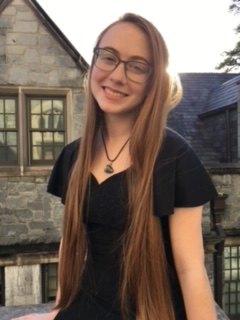
Diana Hallak is a medical student at OSU and joined the lab in 2022. She has assisted with projects focusing on listening effort and 2nd CI benefits in adults with cochlear implants. Outside of school and lab, she loves running, traveling, and trying new coffee shops! 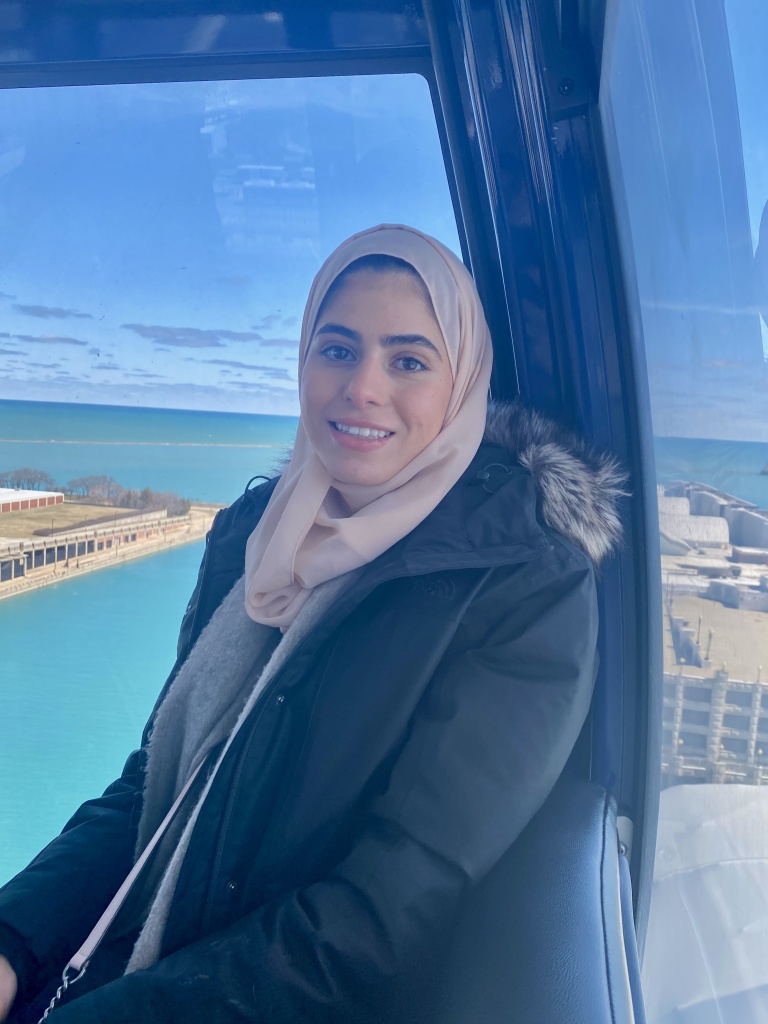
Jessica Lewis is currently pursuing a PhD in Speech and Hearing Science from The Ohio State University. She recently completed her clinical doctorate in Audiology after returning from a clinical + research externship at Boy’s Town National Research Hospital in June 2022. Jessica’s primary research efforts aim to improve the clinical care of adult and older adult cochlear implant recipients. Her current work focuses on comparing the real-world and quality of life benefits of bimodal hearing and bilateral cochlear implants. 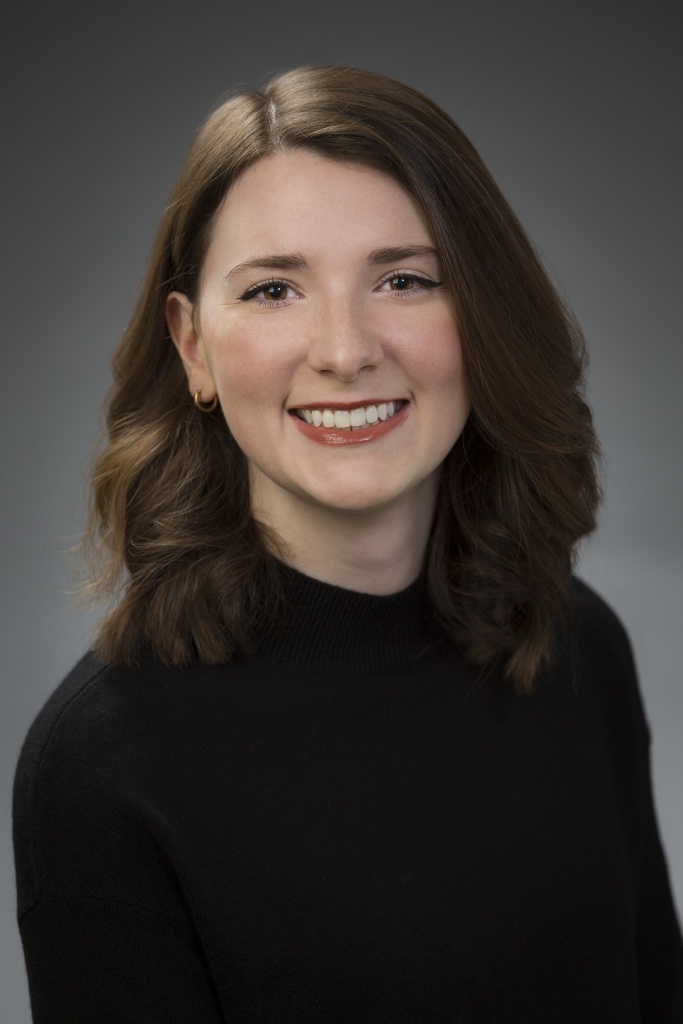
Terra Morris is currently pursuing a Doctorate of Audiology at Vanderbilt University. She received a bachelor's degree in communication sciences & disorders with a minor in ASL interpreting from Baylor University in 2021. Her research interests include cochlear implants, childhood deafness and neurodevelopment. In her free time, she loves to travel, create, hammock, and play with her dog Moon! 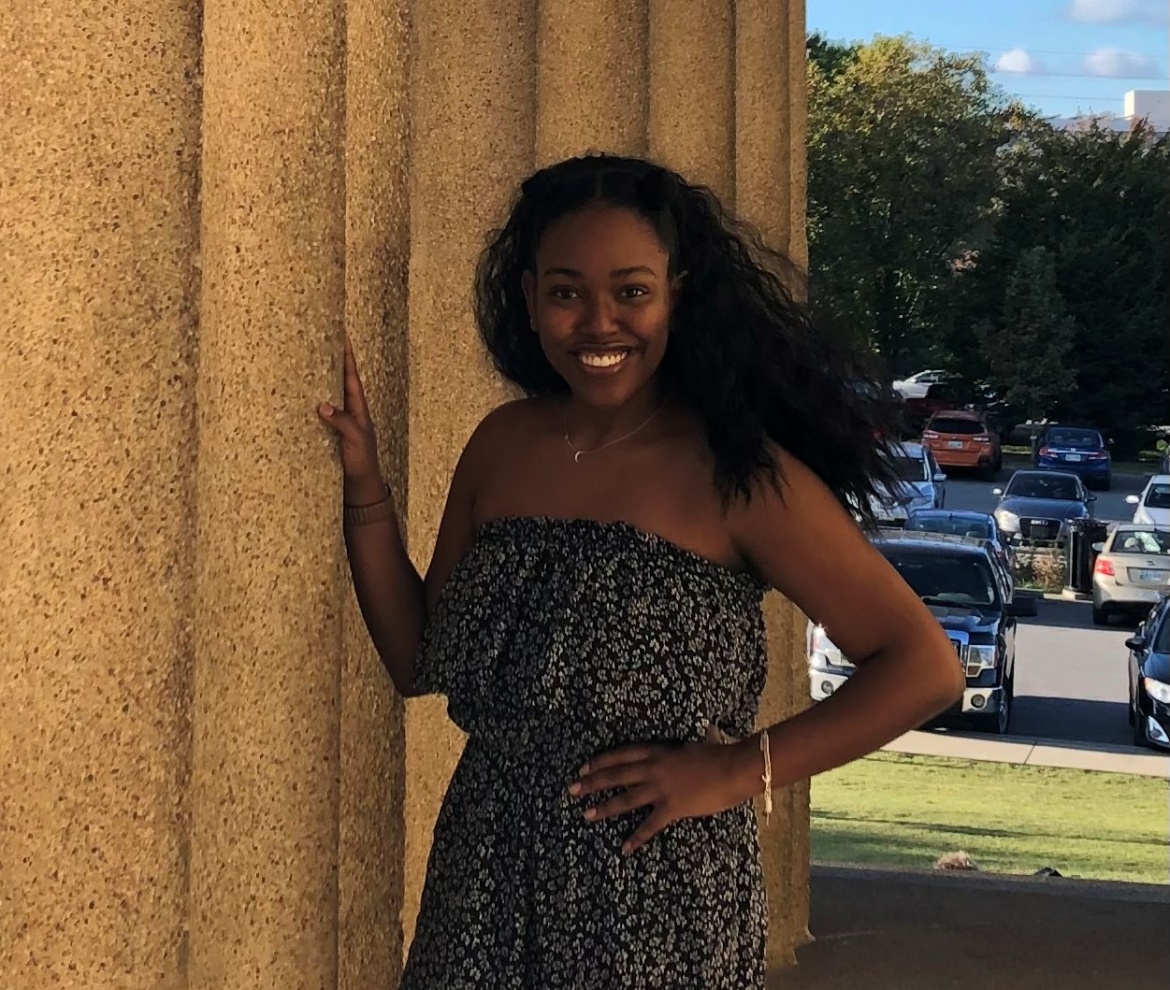
Jonathan Neukam received his Doctorate of Audiology degree from Indiana University where he first started working in Bill Shofner’s Chinchilla Auditory Physiology Lab. He then completed his fourth year externship at the Portland VA and National Center for Rehabilitative Auditory Research (NCRAR). Prior to joining the Cognition and Communication Lab at Vanderbilt he worked at NYU Langone Hospital in the Laboratory for Translational Auditory Research. 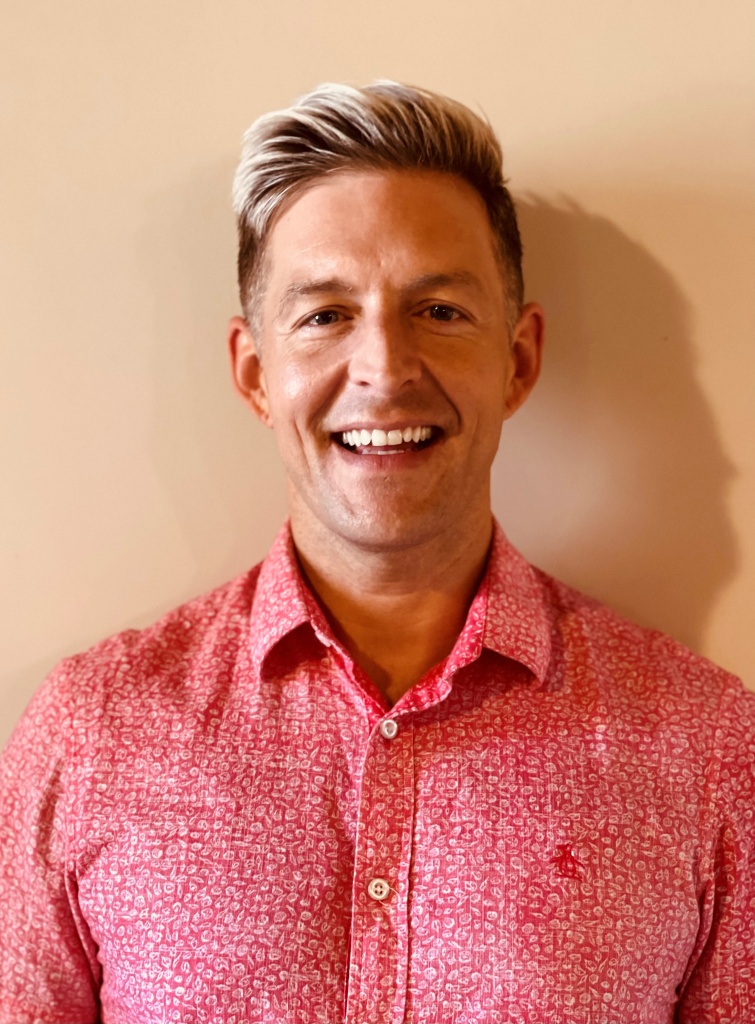
Anthony Robinson is currently pursuing a bachelor’s degree in Biomedical Engineering at the University of Memphis. He is a SURIEA research student from the Acoustical Society of America. His research interests include osseointegrated implants, acoustics, and audio technology innovation. He enjoys spending his off days by cooking, traveling, and building audio systems. 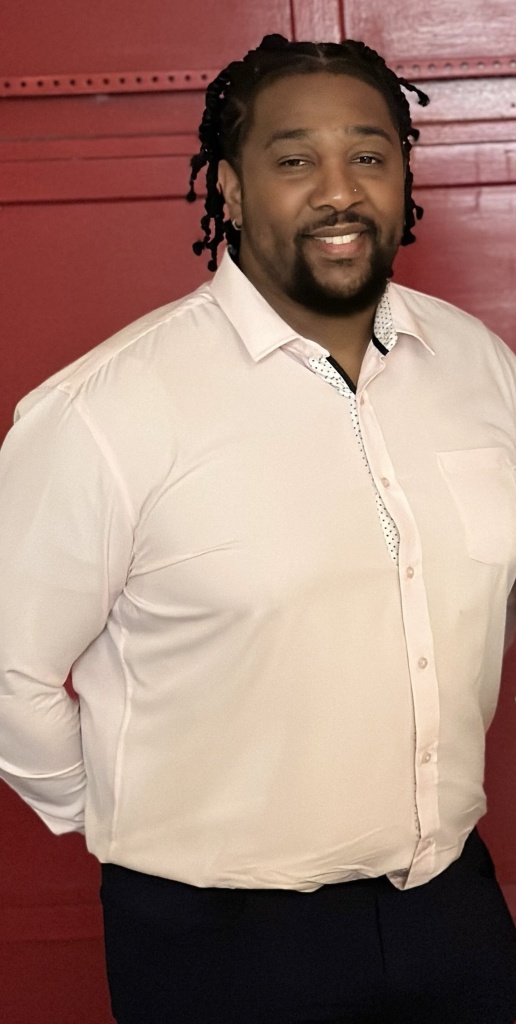
Victoria Sevich graduated from The Ohio State University in 2017 with degrees in linguistics and Romance studies and a minor in cognitive science. She is currently pursuing a PhD in Speech and Hearing Science at Ohio State under the direction of Dr. Tamati. Her research interests include phonological category formation, lexical competition, and perception of indexical variability in adult cochlear implant users. 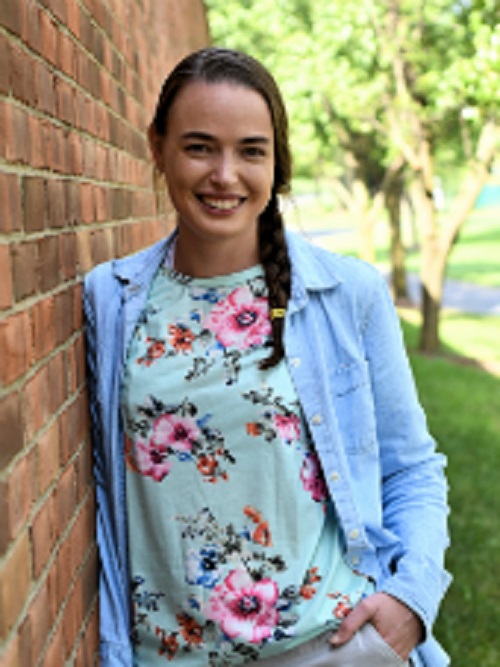
-
The Guy M. Maness Chair in Otolaryngology
The Guy M. Maness Chair in Otolaryngology (not to be confused with the Guy M. Maness Chair in Laryngology and Voice, currently held by Dr. Gaelyn Garrett) was established to support a clinician-scientist (currently Aaron Moberly and formerly Roland "Ron" D. Eavey, MD, SM) who holds a primary appointment in the Department of Otolaryngology–Head and Neck Surgery at the Vanderbilt School of Medicine. The Chair honors the legacy of Guy Maness. Otolaryngology at Vanderbilt originally started as a division in 1938 under the leadership of Guy M. Maness, MD, a private practitioner in Nashville, consistent with the practice model at that time.
-
For detailed eligibility requirements for our clinical trials, contact Terrin Tamati.
-
The Department of Otolaryngology–Head and Neck Surgery accepts charitable donations to help fund:
- Research funds to endow a special project
- Endowed directorship for faculty
- Endowed fellowships
- Endowed lectureships
- Education and training resources
- Faculty recruitment and retention
- Naming rights for donors
A donation can be made through our secure donation site as a one-time gift or on a monthly, recurring basis. Vanderbilt University Medical Center is a 501(c)(3) tax-exempt organization and your donation will be tax-deductible within the guidelines of U.S. law. You can direct your gift to our research lab by specifying "Cochlear Implant Cognition and Communication Lab" in the comment section.
If you are interested in other ways to give back to Vanderbilt, we accept gifts of stocks and securities, as well as planned gifts, matching gifts, and donor-advised funds. Learn more about ways to give at Vanderbilt University Medical Center to make a lasting contribution to patient care, research, and clinical training for future leaders in healthcare.